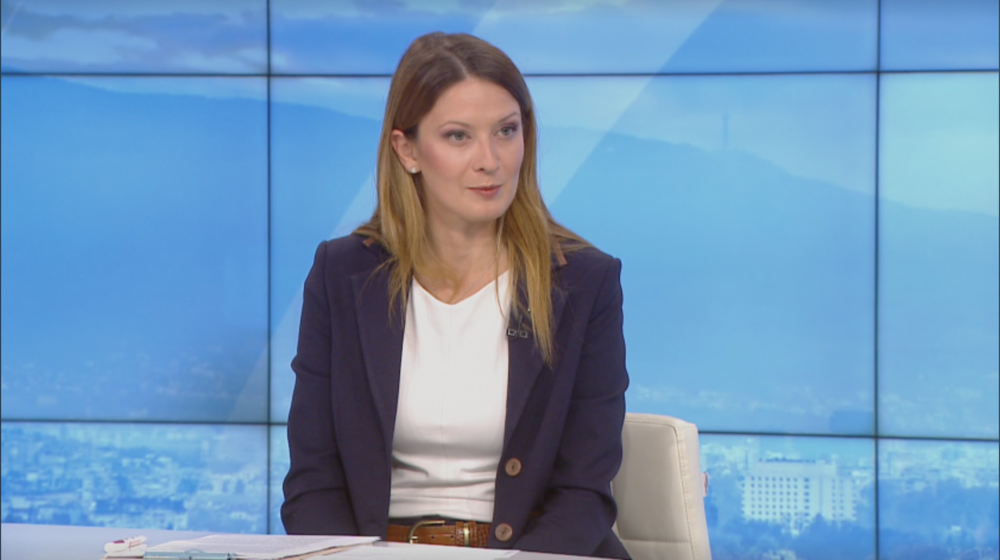Bulgaria’s direction is the development of nuclear capacities. This is the way forward for many reasons- competitiveness, experts, experience and most of all the affordable prices that nuclear energy guarantees for consumers and industry. This has already been realised by other countries in the region – there is currently a serious project under way in Turkey. Bulgaria is a leading country in the nuclear sector in the region, but our place is not guaranteed if we do not make efforts immediately.” She believes that we should work for new nuclear capacities in our country because there is also a risk that we will lose our human potential if these types of energy capacities continue to be developed in the region.
“Europe is heading towards the return of large-scale production within the continent – we are talking about jobs and re-industrialisation, about the revival of the European economy, which was largely exported and became highly dependent on third countries”, Tsvetelina Penkova noted.
Regarding the development and regulation of a zero-emission industry, the MEP believes that we should focus on the energy sources that will achieve this. We also need a balanced energy mix – basic energy sources and complementary energy sources, in which Bulgaria has quite a lot of success: ‘In our energy mix, more than 20% comes from renewable energy, which is above the European average. This week, the largest photovoltaic park in the region, in Bulgaria, is about to open, which makes it clear that our country has achieved a lot in this direction.”
Tsvetelina Penkova clarified that investments in nuclear technologies are more long-term, the construction period for a reactor is 10-12 years, but it is worth it because the cost of electricity from nuclear power is the lowest. “It is right to make efforts in complementary energy capacities – in Bulgaria we have the possibility of photovoltaics and energy produced from wind, we can also rely on our water sources. But the projects should go simultaneously”, the MEP added.
“Energy independence is a complex issue. Europe needs to think about what resources it has and what it needs to develop. When it comes to energy independence, however, we cannot rely entirely on our continent because there are not enough resources,” Penkova noted. She explained that nuclear fuel suppliers are limited, much of it comes from Russia – not only in Bulgaria, but also in France and the US. 30 percent of French nuclear fuel is based on supplies from Russia. The MEP thinks that we should bet on European technologies, especially when we talk about nuclear reactors: ‘If we want to build an energy that depends only on European experts, sources, suppliers, technologies – let’s do it from the beginning. The technologies are quite advanced, but the expertise we have is also adaptable to what is available on the European market. Europe in the nuclear sector is at the highest levels in terms of competitiveness and there is no doubt that European technologies have the highest safety standards.”
“We have to look at the interest of the citizens and the industry, I would congratulate the Bulgarian industry, which is very advanced in terms of the Green Transition compared to the general European level. Let’s think about consumers and the price they will pay and more actively talk to the industry because they are extremely prepared”, said Tsvetelina Penkova and complemented this comment with her real activity – two big events are coming up in Sofia, dedicated to the Green Transition and the European Zero Emission Industry Act. Today Tsvetelina Penkova is the moderator of the main topic on energy security at the annual international conference Green Transition, and on Friday, together with the Deputy Speaker of the National Assembly Kristian Vigenin, she is organizing a round table on “For a strong and clean European industry”. The event will be attended by leading representatives of regulators, institutions and industry, academics – people on whom the introduction of new technologies depends and who have unquestionable expertise in energy.
